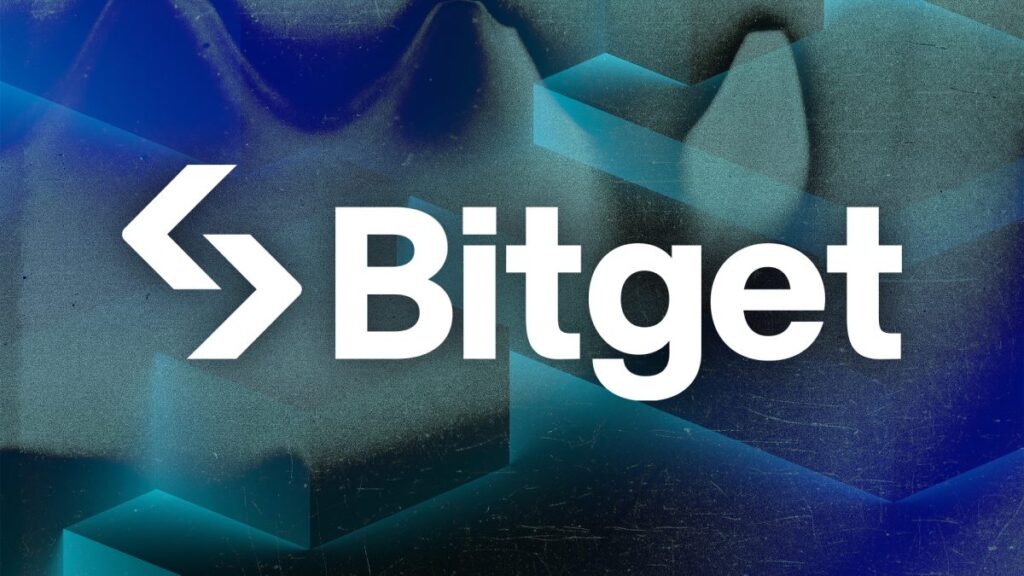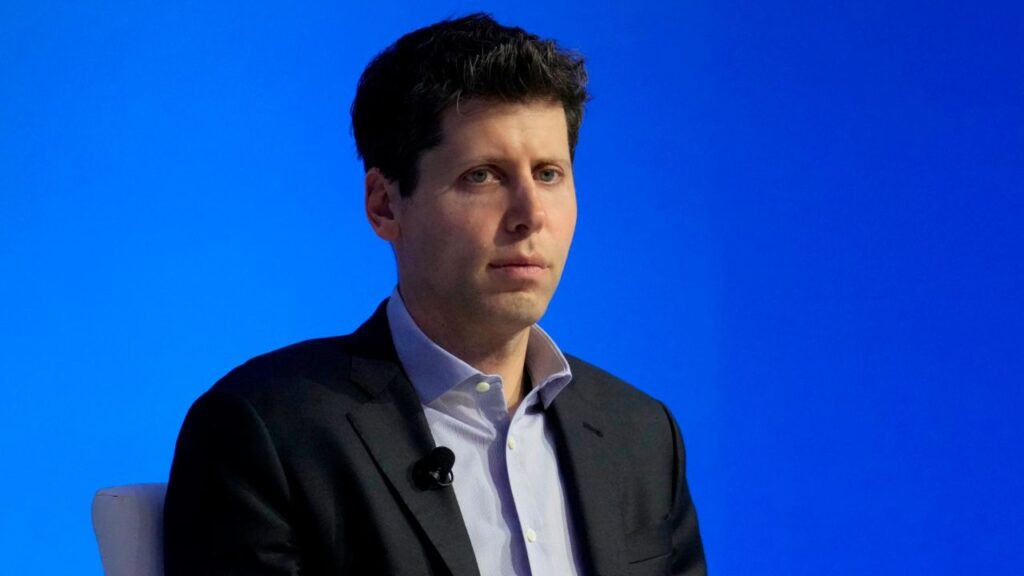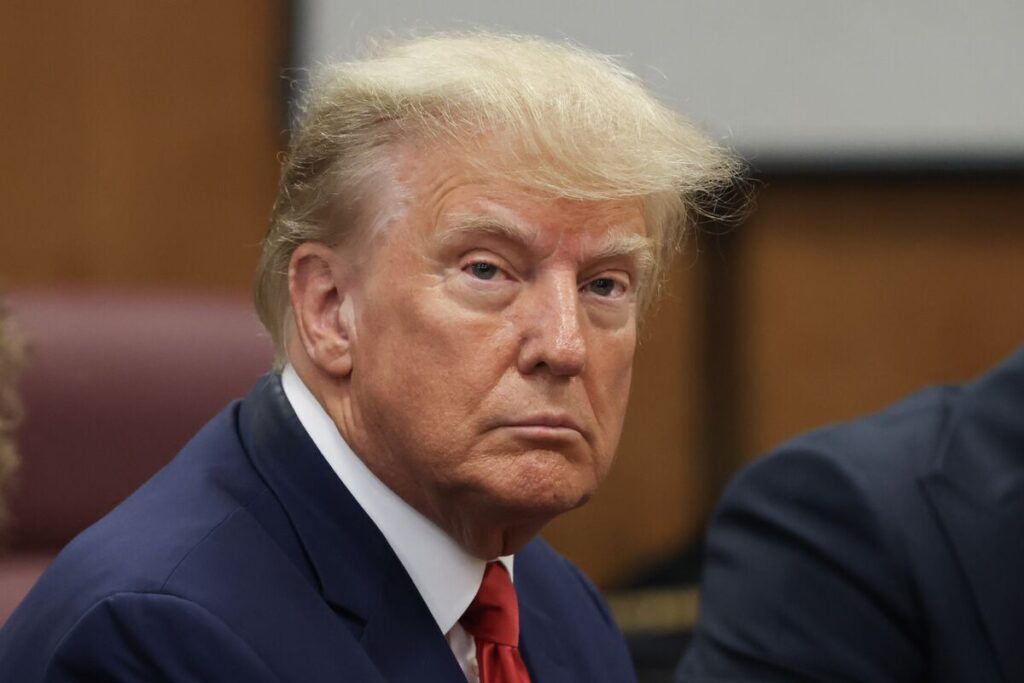In the inaugural week of trading for United States spot Bitcoin exchange-traded funds (ETFs), an astonishing influx of capital surged into these new investment vehicles.
However, amidst their remarkable popularity, voices from the crypto world are raising concerns, contending that these ETFs might contradict the core principles upon which cryptocurrencies were founded.
On January 10, the U.S. Securities and Exchange Commission granted approval to multiple spot Bitcoin ETFs, marking a historic milestone.
Subsequently, on January 11, these ETFs commenced trading, and the demand for them became glaringly evident, with trading volumes surging to $10 billion within the first week.
Furthermore, the Bitcoin ETF market witnessed an impressive influx of over $782 million in just the initial two days of trading.
Nonetheless, despite their undeniable popularity, some crypto executives are sounding alarms, suggesting that ETFs could result in increased centralization within the crypto industry and may eventually become obsolete.
Andy Bromberg, the CEO of wallet developer Eco, expressed concerns about the potential for traditional financial institutions to gain excessive influence through Bitcoin ETFs.
He argued that when investors buy into these ETFs, they essentially provide Wall Street with funds to purchase Bitcoin, while they themselves only own a share on paper.
He lamented that this deviates from the original ideals of Bitcoin, emphasizing that it may lead to Wall Street institutions controlling a significant portion of the circulating Bitcoin supply.
Bromberg criticized ETFs as a stripped-down version of Bitcoin, removing the technology’s intrinsic features and focusing solely on its price.
However, he did acknowledge the importance of ETF approval, as it allows Americans to express their opinions on Bitcoin within the financial markets.
READ MORE: U.S. Regulators Investigate Debiex Exchange for Alleged Romance-Driven Crypto Swindle
Still, he stressed that the crypto community faces a critical test in guiding new investors toward self-custodying their assets to prevent Wall Street dominance.
Bromberg suggested that developers should create user-friendly products that provide asset custody while maintaining the core promises of crypto.
Lucas Henning, CTO for the Suku wallet development team, shared Bromberg’s reservations about Bitcoin ETFs.
He argued that ETFs may not sustain public interest for long, particularly as the SEC’s approval of other cryptocurrencies for ETFs remains uncertain.
He highlighted that most crypto yields might not be accessible through traditional brokerage accounts.
Henning also pointed out the increasing ease of self-custodying crypto assets, particularly within the Ethereum ecosystem, due to developments like Ethereum Improvement Proposal 7212.
This proposal would allow on-chain signatures using facial recognition technology, simplifying the process for users to sign transactions securely, reducing the need for ETFs to manage their assets.
In conclusion, while Bitcoin ETFs have garnered significant attention and investment, there are concerns within the crypto community that they might compromise the core principles of decentralization.
Some experts believe that as self-custodying options improve, the appeal of ETFs may wane, ultimately shaping the future of crypto investment.









